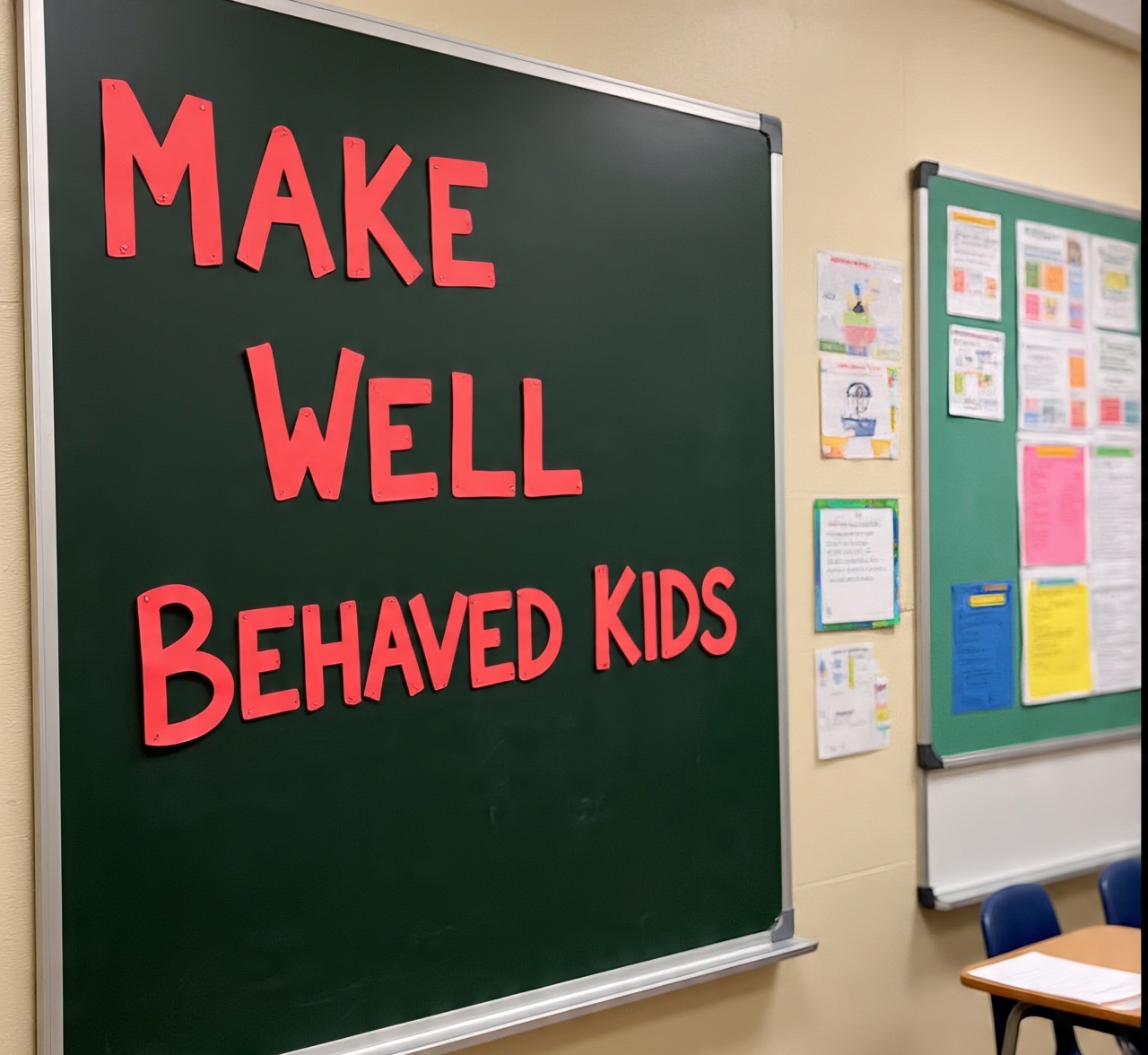PARENTING: TIPS AND ADVICES
Parenting : Real Tips and Advice for Raising Happy, Well-Behaved Kids
Parenting is a beautiful journey, but it's not without its challenges. One moment you're filled with joy, watching your child play and explore, and the next, you're dealing with tantrums and tears. It's a rollercoaster ride of emotions, but the love and connection you share with your child make it all worthwhile.
No parent has all the answers, and that’s okay. What matters most is your love, effort, and willingness to grow along with your child. If you're trying to raise confident, kind, and well-behaved kids, you’re in the right place. Let’s explore some easy-to-follow parenting tips and practical strategies that really work in real life.
Why Do Kids Act the Way They Do?
Before we jump into tips and techniques, it’s important to understand something: children don’t misbehave just to make your life hard. Their behaviour is often a way of communicating. They’re still learning how to express emotions, needs, and frustrations.
Sometimes they act out because they’re tired, hungry, overstimulated, or even just seeking attention. Once we understand what’s behind their actions, it becomes easier to respond in a loving and effective way.,
Helpful Parenting Tips That Make a Difference
1. Listen with Your Full Attention
Kids know when you're really listening. Put down your phone, make eye contact, and show them you care about what they’re saying. This builds trust and helps them feel valued.
2. Speak Kindly and Use Encouraging Words
Instead of focusing on what your child is doing wrong, highlight what they’re doing right. Say things like, “I love how you shared your toys today!” Positive words build self-esteem and encourage good behaviour.
3. Be Clear About Rules
Children need structure to feel secure. Set clear rules and let them know what happens if those rules are broken. Always follow through, so they understand boundaries and consequences.
4. Let Them Make Choices
Even small choices—like picking their outfit or choosing between two snacks—help kids feel more independent and responsible. It also reduces power struggles.
5. Show Love Every Day
A simple hug, holding hands, or a kiss on the forehead can go a long way. Physical affection helps children feel loved, secure, and emotionally connected to you.
How to Handle Misbehaviour with Patience and Love
1. Keep Your Cool
It’s tough, but staying calm when your child is acting out is key. Yelling or reacting with anger often makes things worse. Take a deep breath and handle the situation with a steady voice.
2. Use Natural Consequences
Let children experience the results of their actions. If they forget their homework, don’t rush it to school for them. Learning through experience helps them take responsibility.
3. Offer Simple Choices
Instead of saying, “Eat your veggies now,” try, “Would you like carrots or broccoli?” Giving options makes kids feel in control and more likely to cooperate.
4. Try “Time-Ins” Instead of “Time-Outs”
Instead of sending your child away, sit with them and talk about what happened. Ask questions like, “What were you feeling?” or “What can we do differently next time?” This builds emotional intelligence.
5. Be a Good Role Model
Your kids are watching how you handle stress, conflict, and emotions. Show them how to be kind, respectful, and responsible. They learn more from what you do than what you say.
Age-Specific Parenting Tips
Toddlers (1–3 years)
Toddlers thrive on routine. Set regular meal, nap, and play times. Keep your language simple and praise small achievements. Be patient—this is the age of big emotions and tiny words.
Pre-schoolers (3–5 years)
Pre-schoolers want to do everything by themselves. Encourage independence, but stick to firm boundaries. Use stories and play to teach good behavior and social skills.
School-Age Kids (6–12 years)
At this age, kids start forming their own opinions and friendships. Encourage open communication. Help them solve problems and express emotions in a healthy way.
Teenagers (13+ years)
Teens are going through major changes. Keep the communication open and honest. Give them space, but also let them know you’re always there for guidance and support.
Extra Parenting Advice That Goes a Long Way
1. Take Care of Yourself
Parenting is exhausting, and you can’t pour from an empty cup. Rest when you can, eat well, and don’t ignore your mental health. A happy parent raises a happy child.
2. Ask for Help When Needed
Don’t hesitate to reach out—to friends, family, or professionals. Parenting isn’t meant to be done alone, and there’s no shame in asking for support.
3. Be Kind to Yourself
You won’t always get it right—and that’s okay. Forgive yourself, learn from the hard moments, and keep moving forward. You’re growing just like your child.
4. Adapt as They Grow
What works for a toddler may not work for a teen. Stay flexible and be willing to change your approach as your child gets older. Parenting evolves, and so do you.
Raising children is one of the most meaningful jobs you’ll ever have. It comes with challenges, but also endless joy, love, and unforgettable moments. By understanding your child’s needs, using gentle and clear strategies, and showing up every day with love and patience, you’re setting the foundation for a happy, respectful, and emotionally healthy future.
There’s no such thing as a perfect parent—but there’s power in being a present one. Keep learning, keep loving, and trust that you’re doing a great job.





Comments